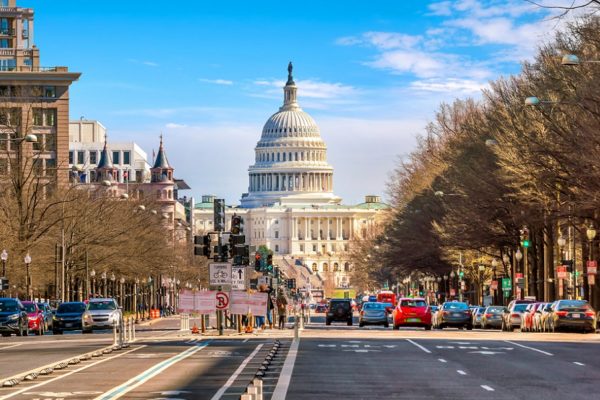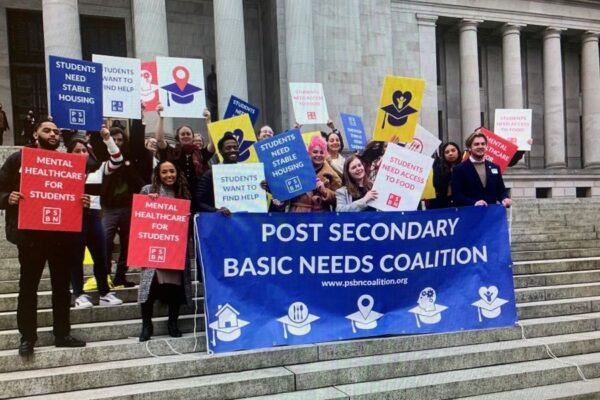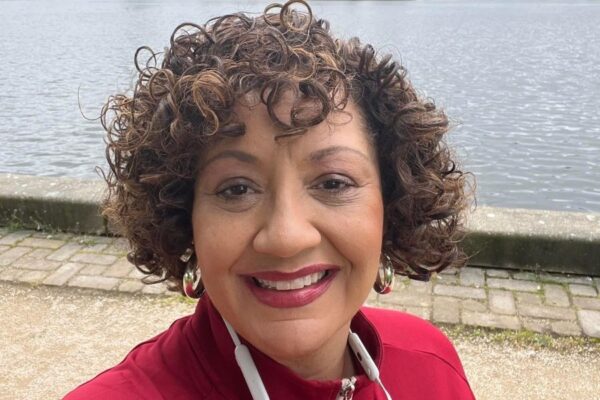Washington’s Budget Deficit Is a Moral Emergency
Washington State is staring down a projected budget deficit of $12 billion to $15 billion over the next four years. What may sound like an abstract fiscal challenge is, in reality, a looming humanitarian crisis—one that threatens to dismantle the critical safety nets our communities rely on every day.
In King County, which is home to nearly a third of the state’s population, the effects of this shortfall are already being felt. Programs that provide food, housing, healthcare, and public safety are on the chopping block. In King County alone, current proposals stand to slash $25.2 million from the Department of Community and Human Services and $17.6 million from Public Health, just to name a few. As reported by the Seattle Times, these budget cuts will directly impact health care for children through longer wait times, decreased access to specialized treatments, and higher staff turnover due to retention issues and cut hours.
For the thousands of families still recovering from the pandemic’s economic toll, these aren’t arbitrary services. They’re lifelines.
Food Banks at a Breaking Point
Food insecurity is surging across Washington.
For example, the Ballard Food Bank is reporting triple the number of monthly visits compared to pre-pandemic levels, with more than 50 households added to waitlists each month. Now, those same food banks are bracing for a $52 million cut in state funding over the next biennium. On top of that, federal budget cuts could eliminate 7 million pounds of food—enough to feed 1.7 million people—delivered through regional organizations like Food Lifeline.
If implemented, these cuts would devastate families across King County and Washington’s rural, suburban, and urban communities alike. They also jeopardize local food ecosystems, hurting the farmers and producers who supply our regional food programs.
Cuts to Health, Housing, and Safety
King County itself is facing a $150 million deficit in its general fund for 2026–2027. The consequences are staggering. In addition to aforementioned cuts, King County also faces a $30.2 million cut to the Sheriff’s Office and $15.5 million from the Prosecuting Attorney’s Office, potentially eliminating 90 deputy prosecutors.
Meanwhile, more than 16,000 people experience homelessness in King County on any given night—about the same as a sold-out night at Climate Pledge Arena.
With shelter and homelessness prevention programs also under threat, the path forward for many becomes even more uncertain.
This Is a Moral Choice
As our community partner Solid Ground recently emphasized, budget cuts are never neutral. They disproportionately affect low-income families, immigrants, people of color, seniors, and those living with disabilities. These are the same groups who have long shouldered the brunt of systemic inequities and who stand to lose the most.
We cannot allow this deficit to be balanced on the backs of our most vulnerable neighbors.
To do so would be to undo decades of progress and deepen the divide between those with resources and those without. As we at United Way of King County launch our Bridging the Wealth Gap Campaign—a bold new initiative to connect families disproportionately affected by centuries of inequitable systemic policy to generational wealth building tools—we understand the devastating affects these budget cuts would have on our neighbors who are struggling to stay housed and put food on the table.
Budgets are moral documents. What we choose to protect—or neglect—reveals what we truly value. If we want a resilient, equitable future, we must advocate for revenue solutions that strengthen, rather than weaken, our communities.
What You Can Do?
- Stay informed. Learn how the budget shortfall could impact your neighborhood.
- Raise your voice. Contact your elected officials and speak up at city council meetings and legislative sessions.
- Support local organizations. Donate or volunteer to help mitigate the impacts of service rollbacks.
This moment demands courage, clarity, and commitment. Let’s not allow scarcity thinking to shape our future. Let’s build a Washington where everyone has the resources they need to thrive.





Comments